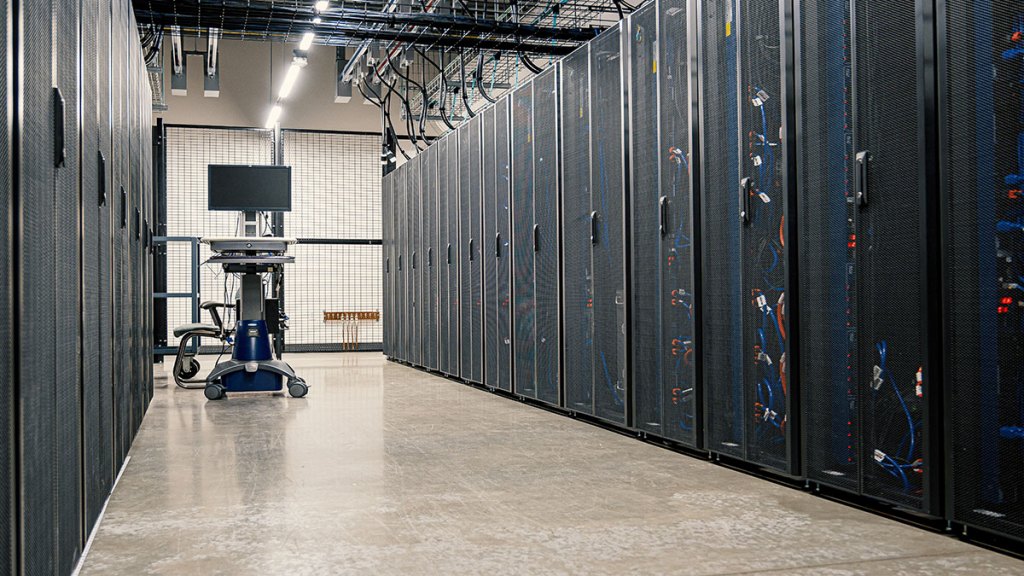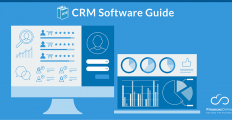
Source: pexels.com
Artificial Intelligence (AI) is everywhere. It’s the hidden force running many business processes, including automation and analytics. Now it’s heading over to the epicenter of the action—data centers.
Meta, Microsoft, and Google are now implementing AI to manage data centers more effectively. As reported by TechCrunch, the tech giants are turning to AI to find forward-looking solutions to some of the biggest challenges data centers face. These include outages, safety issues, and energy efficiency. Improving the way data centers operate will positively impact cloud computing services such as SaaS.
According to the report, one of the ways Microsoft is using AI is for determining safety at its data centers. It’s developing an AI system that analyzes data from different sources that will help to alert workers of any glitches or issues in the data center’s construction and operations. “These initiatives are both in early testing phases and are expected to begin expanding into our production environments later this year,” said a Microsoft representative.
Meanwhile, Meta is also developing its own AI system that can predict how its data centers will operate under extreme environmental conditions. The system can help optimize various aspects of data center operation if issues occur in the environment. These include data center cooling, power consumption, and airflow access to servers.
On the other hand, Google has been using AI for its data center operations to cut power consumption. The report mentioned that the search giant was able to save up to 30% on average compared to its historical energy use.
Data Center Stability Impacts SaaS Availability, Security, and Performance
Saas vendors rely on stable data centers to efficiently run, update, and deliver their apps to their customers. The performance, security, and availability of a SaaS product are greatly dependent on the environment of the data center.
Data center environments are much safer today but on-site workers still need to monitor the infrastructure. This is to prevent any situation that might compromise operations and the IT workforce. If data center providers will be able to leverage the capabilities of AI to predict and send early warnings of issues in the data center environment, disruptions and data center outages can also be prevented.
According to a report by The Uptime Institute, data center outages are becoming more frequent and expensive. Nearly 30% of outages in 2021 lasted for 24 hours, which the institute viewed as “a disturbing increase” from just 8% in 2017.
The costs incurred from data center outages also rose significantly. For instance, 60% of recorded outages resulted in at least $100,000 in total losses, up from 39% in 2019. Meanwhile, the share of outages that cost $1 million and upwards increased from 11% to 15% over the same period. Network issues were the single biggest cause of service downtime attributed to “complexities from the increasing use of cloud technologies, software-defined architectures, and hybrid, distributed architectures. “
As more businesses move to the cloud and adopt SaaS applications into their workflows, SaaS vendors need to make sure they are able to meet this growing demand with reliable software products. This is of course tied to the service of the data center partner. SaaS vendors will benefit from data center partners that can leverage advanced technology such as AI to ensure peak uptime and high bandwidth access to top cloud providers. A reliable data center can reduce issues in downtime, security, and performance and help SaaS vendors better position their products in the market.






















Leave a comment!